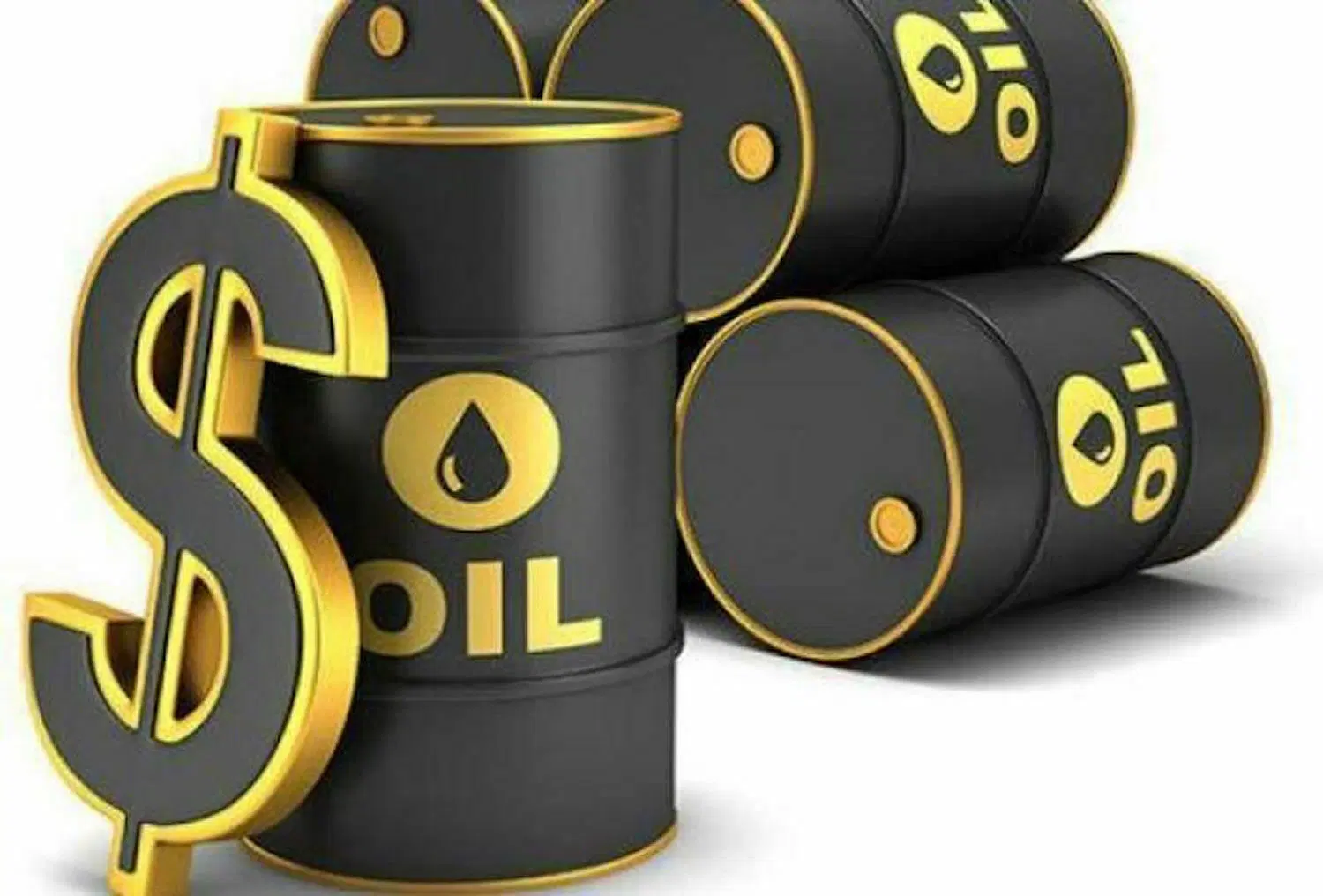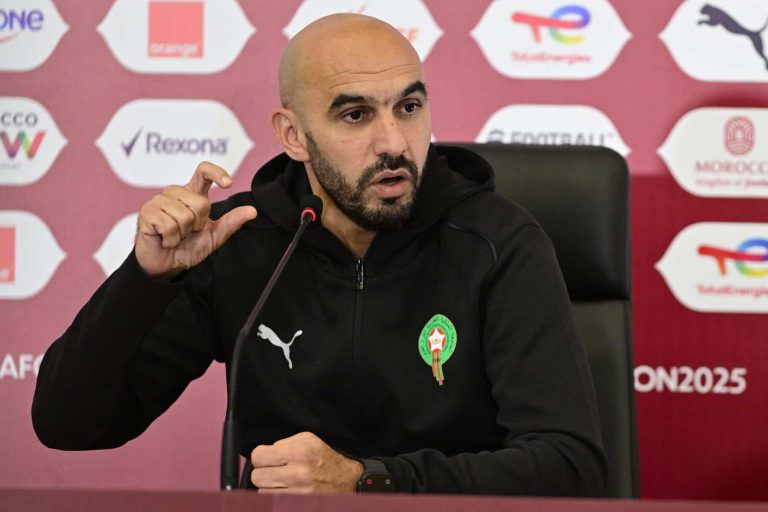
NEC data show steady recovery in fiscal reserves amid oil output rebound and policy reforms under Tinubu administration…..
Nigeria’s Excess Crude Account (ECA) grew by 13 per cent in two years, while the Stabilisation Account more than tripled, according to an analysis of presentations made by the Accountant-General of the Federation to the National Economic Council (NEC) between June 2023 and October 2025.
Data reviewed from 15 NEC meetings show that the ECA rose from $473,754.57 at the council’s inaugural session under President Bola Tinubu on June 15, 2023, to $535,823.39 as of October 23, 2025, an increase of $62,068.82.
Over the same period, the Stabilisation Account jumped from ₦26.63 billion to ₦87.67 billion, reflecting a gain of ₦61.03 billion or about 229 per cent. Similarly, the Development of Natural Resources Fund grew from ₦96.90 billion to ₦141.59 billion, representing a 46 per cent increase.
A month-by-month review indicated that the Stabilisation Fund dipped to ₦17.21 billion in April 2024 before rebounding steadily through 2025. The Natural Resources Fund also declined to ₦26.85 billion in November 2024, but climbed to ₦125.82 billion by September 2025 and ₦141.59 billion a month later.
By contrast, the Excess Crude Account remained relatively flat over most of the review period, picking up only in the second half of 2025.
Created in 2004 under former President Olusegun Obasanjo, the ECA serves as a sovereign buffer for saving oil revenues earned above budgeted benchmark prices, supporting fiscal stabilisation and long-term investment.
The Stabilisation Account, on the other hand, helps cushion states and local governments against revenue shortfalls, while the Development of Natural Resources Fund supports efforts to diversify Nigeria’s resource base, including solid minerals and other approved projects under the Federation Allocation Accounts Committee (FAAC) and NEC.
Although the ECA has inched upward since 2023, it remains a fraction of its former strength. During the oil boom of 2008, under President Umaru Musa Yar’Adua, the account exceeded $20 billion, but persistent withdrawals and oil price crashes in the following decade drained the balance.
The recent increases align with broader policy actions by the NEC, including the reconstitution of ad-hoc committees on crude oil theft and economic affairs in December 2023. The committees, initially established under former President Muhammadu Buhari in 2022, were tasked with combating pipeline vandalism and restoring production, which had fallen to as low as 700,000–800,000 barrels per day.
By 2025, output recovered to around 1.7 million barrels per day, helping boost foreign-exchange inflows and fiscal reserves.
Within the same period, NEC endorsed several key initiatives, notably the $617.7 million i-DICE programme to promote tech entrepreneurship, food security interventions, and power sector reforms. At its 153rd meeting on October 23, 2025, the council also approved a nationwide crackdown on gold smuggling and endorsed measures to revamp training schools for security agencies.
However, persistent high inflation and statutory transfers to states continued to exert pressure on naira-denominated accounts, even as reforms such as fuel subsidy removal and foreign exchange unification aimed to restore macroeconomic stability.
The National Economic Council, chaired by the Vice President, includes the 36 state governors, the Central Bank Governor, and key ministers. The body meets monthly, typically on the third Thursday to coordinate national economic policy and advise the executive. Since President Tinubu assumed office, NEC has convened 15 meetings between June 2023 and October 2025.



